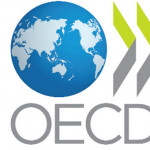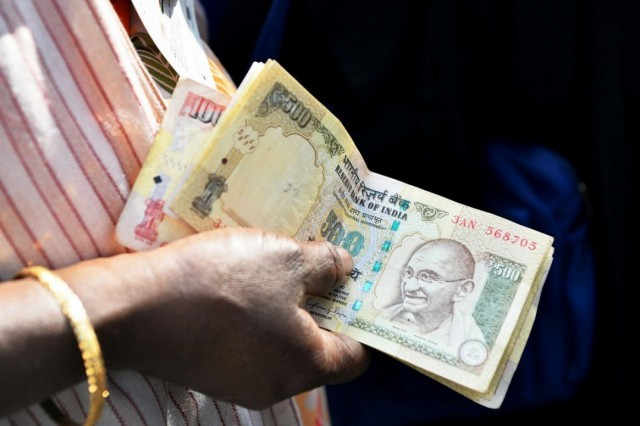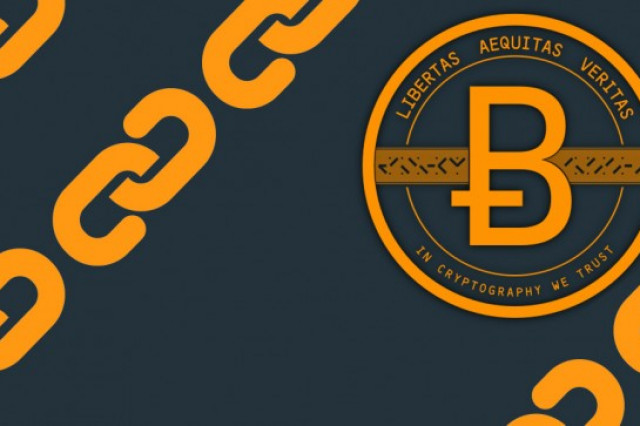In clear and concise terms, we can say that money is destined to become digital. This general conclusion follows from the study of the long historical evolution of money and its probable relationship with future socio-economic transformations. Historically, for millennia, money has progressively tended to become more abstract, to be reflected in a merely symbolic representation dissociated from any concrete physical materialization. However, in analyzing the future of money, the rate of disappearance of the last vestiges of physical money, and, as some analysts affirm, the actual fact that money is really bound to fade away is less obvious.

Opinions also differ as to the economic and social importance of going through this "last stage" and the time it will take to do so. At one end of the spectrum of views, the Singapore Mint Board is making a global effort to replace, since 2008, the currency that printed by a digital system that will serve the same function as money, but much more effectively. At the other extreme, there are many central banks and governments that have adopted predominantly conservative positions, and are partly to blame for the limited success so far in recent efforts to spread the use digital money more widely.
It is appropriate to rethink both the economic and social meaning that a greater digitalization of money would have, and also the way to achieve such digitization. From the economic point of view, it could be argued that the slow introduction of new payment systems, which are indispensable for the generalization of digital money in the economy, are incurring high public and private costs; these costs not only include the observable costs, directly generated by the costs of management, compensation and monitoring of cash, but also the less obvious losses caused by the difficulties involved in operating the transition to a "new economy of intangible elements". From this vantage point of "opportunity cost", instant digital payment systems that are implanted in the economy, constitute an essential but not yet sufficiently mature part of the infrastructure necessary to flourish in the global, highly computerized economy of tomorrow, in which electronic commerce in any form will be probably one of the determinant factors in the overall success of the economy.
Consumers are unaware of the costs of cash
Concerning the social aspects, the focus is on how the costs of payment systems are shared and how accessibility issues will be addressed. Today, consumers are largely unaware of the cost of cash (and of the instruments assimilated to it, such as cheques and credit cards). For example, little is said about the equity issues generated by the "cross subsidy" -which occurs when credit card companies prohibit merchants from offering discounts on cash purchases- among those who pay with cash (in particular, those who do not have bank accounts and, therefore have no other option) and those who pay using credit cards.
Many clearing and settlement systems result in costly service charges and lucrative collection effects, which have negative social repercussions
In the same vein, many clearing and settlement systems result in costly service charges and lucrative collection effects, which have negative social repercussions in areas such as remittances of foreign workers to their places of origin, excluded or promoting the development of micro-enterprises. Another equally serious assumption is the possibility that, in the future, a social divide will arise when access to digital money becomes the main way to benefit from lower transaction costs and burgeoning cyber markets.
The previous social issues added to the economic ones clearly justify the adoption of dynamic policies that tend to accelerate the diffusion of digital money to the point of disbanding cash. However, this conclusion has not been reflected in hardly any of the recent debates on the future of money because most of them have obviously focused on the new and exciting technologies that could replace physical money for digital and in the implications for central banks.
In these discussions, reassuring conclusions have been reached about the impact of new technologies on the effective continuation of macro-economic policy, but the technology-focused approach tends to obscure both the forces that may influence the future of money and certain issues of Importance to policies and measures.
We need a plan for the currencies of the future
Indeed, policymakers have good reasons not only to increase the rate of future diffusion of digital money into the economy, but also to invoke policies that no longer focus on monetary technology (physical aspects) and reflected in agreements and standards (virtual aspects) governing clearing and settlement systems that can be used by all those involved in monetary transactions.
Policymakers have good reasons not only to increase the rate of future diffusion of digital money into the economy, but also to invoke policies that no longer focus on monetary technology
Two precedents provide significant insights into why it makes sense to focus political efforts on the virtual side of money. First, the Internet, as a network of networks, demonstrates how homogeneous standards (TCP/IP and HTML, both originated in the public sector) can be neutral in relation to specific technologies (physical and digital) that a given system uses. This aspect is essential because it creates an open market, as far as connection is concerned, in which competition, technical progress and a wide range of applications can proliferate. Secondly, national interbank clearing systems and international currency markets provide some examples of how, in the past, policy makers have contributed, with a relatively high level of security and efficiency, to introducing standards and establishing institutions that govern complex settlement systems. Adopting these kinds of policy initiatives could be a great help in turning technological potential into a practical and effective economic reality.
Finally, the terrorist attacks of 11th September 2001 have accelerated the introduction of clearing and settlement systems with a much greater scope, based on common and more evident rules, urgent issues to ensure the transparency in financial transactions. Setting Internet-like standards for ubiquitous payment systems by introducing certain principles adopted at the international level to respect the right to privacy and the responsibilities of the general public into the basic programming code, this provides a unique opportunity for preventing illegal transactions of any kind. On one hand, would considerably reduce the position of cash and, on the other hand, would place all economic operators at the same level as regards the transparency of their financial activities. Many elements of such systems are already in place or under development. Today, when global interdependence is obvious to all, we have to act urgently with a view to establishing an ambitious and innovative policy plan that will help us shape the money of the future.










